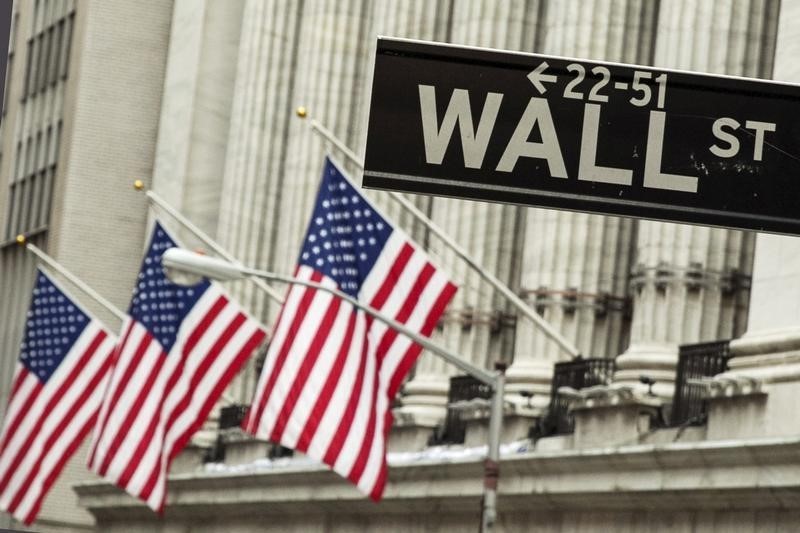By Geoffrey Smith
Investing.com -- U.S. stock markets opened the week in negative mood, as concerns about the persistent risk of renewed outbreaks of the coronavirus prompted fears that the rally in recent weeks may have gone too far, too fast.
By 10 AM ET (1400 GMT), the Dow Jones Industrial Average was down 207 points, or 0.9% at 24,124 points. The S&P 500was down 0.5%, while the Nasdaq Composite was up 0.2%.
The mood was overshadowed by reports suggesting multiple White House staff had either contracted or been exposed to the Coronavirus, including vice-president Mike Pence. Negative earnings reports from hotel operator Marriott and concern about Tesla's falling sales in China also weighed. Tesla (NASDAQ:TSLA) stock opened 3.4% lower.
The catastrophic labor market report for April, which showed that over 20 million American jobs were shed last month, may have been shrugged off initially, but a weekend of reflection appears to have made investors more skeptical of the narrative that an early reopening of the economy will bring a swift rebound.
Goldman Sachs (NYSE:GS) analysts are now predicting the S&P 500 could fall by some 18% over the next three months.
"A single catalyst may not spark a pullback, but a number of concerns and risks exist that we believe, and our client discussions confirm, investors are downplaying,” Goldman Sachs chief equity strategist David Kostin wrote in a weekly note to clients.
The AAII investor sentiment survey at the end of last week had showed only 23.7% of investors were still bullish about stocks at their current levels, a decline of nearly seven percentage points from the previous week. That compared to nearly 53% of respondents who were bearish.
Against that backdrop, bank stocks weakened as investors gave more credence to speculation that U.S. interest rates could dip below zero next year. Citigroup (NYSE:C) stock fell 4.8% and JPMorgan (NYSE:JPM) stock fell 3.0%.
Airline stocks also fell sharply against a backdrop of United Airlines Holdings (NASDAQ:UAL) canceling a proposed sale of new debt at the end of last week (the stock was down 6.8%), while Boeing (NYSE:BA) stock fell 3.5% after Qantas pushed back the timeline for taking delivery of the new aircraft it had ordered.
Marriott International (NASDAQ:MAR) stock fell 5.8% after the hotel operator warned that room occupancy had not meaningfully rebounded in Greater China since lockdowns were lifted there. First-quarter earnings and revenue fell short of expectations that had already been sharply revised down.
Elsewhere, U.S. crude oil futures rose 1.0% to $25.05 after Saudi Arabia said it will voluntarily cut output by another 1 million barrels a day to under 8 million b/d. The international benchmark Brent fell 1.5% to $30.52 a barrel. WTI's outperformance was helped by a consultancy report suggesting that the storage bottleneck at the Cushing, Oklahoma, hub is easing. Seevol said its data showed crude stocks at Cushing fell 2.17 million barrels last week, their first drop since March.
